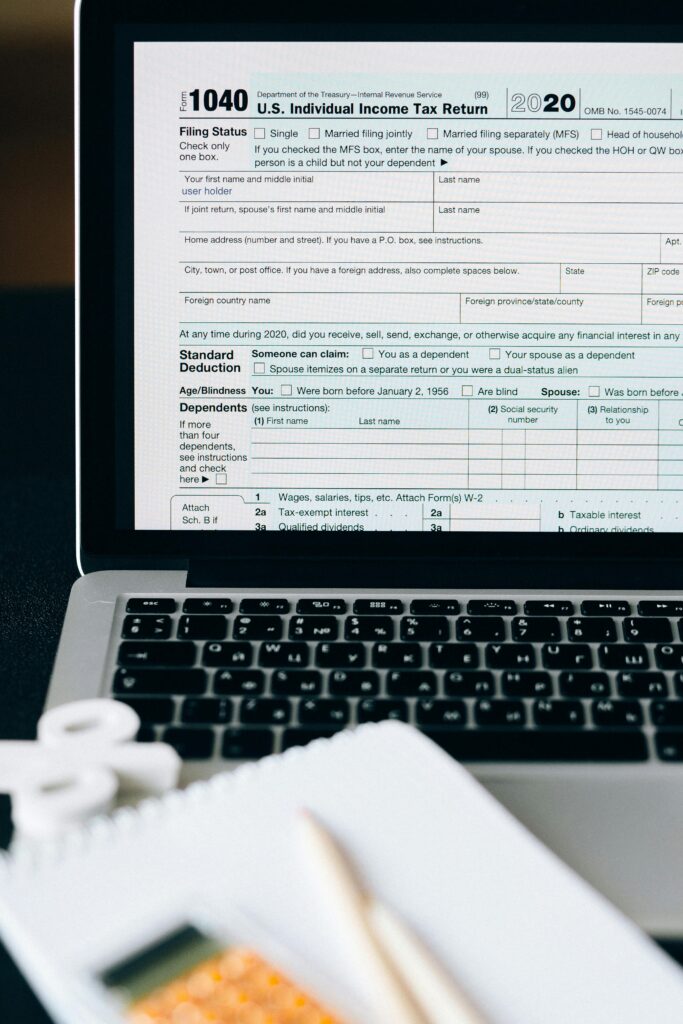How to File Taxes for Your Blog Income in 2024
Learn everything you need to know about blog tax planning in 2024! Expert tips on deductions, record-keeping, and tax savings for bloggers. Start saving today.
Introduction.
Did you know that 67% of bloggers overpay on their taxes simply because they don’t know what they can deduct? I’ll never forget the moment my first accountant showed me how much money I had left on the table during my first year of blogging. The good news I’m here to help you avoid my expensive mistakes. Whether you’re just starting your blogging journey or already making that sweet passive income, understanding blog tax planning is crucial for keeping more of your hard-earned money. Let’s dive into everything you need to know about managing your blog taxes like a pro.
understanding your tax status as a blogger.

Understanding your tax status as a blogger is crucial for your financial success and legal compliance. The IRS primarily looks at two classifications: hobby vs. business, and this distinction dramatically affects how you report income and claim deductions. To be considered a business, your blog needs to show that you’re running it with the intention of making a profit, even if you haven’t turned one yet. Look for these key indicators: you maintain professional records, invest significant time in content creation and promotion, depend on the income, and make consistent efforts to grow your platform. For example, if you’re regularly posting content, maintaining financial records, and actively working to monetize your blog through affiliate marketing or sponsored posts, you’re likely operating a business rather than a hobby. This business classification opens up numerous tax advantages, including the ability to deduct expenses like hosting fees, marketing costs, and even a portion of your home office expenses. However, it also means you’ll need to pay self-employment tax on your earnings and potentially make quarterly. estimated tax payments if you expect to owe $1,000 or more in taxes for the year. Understanding your status helps you plan effectively and avoid costly surprises when tax season arrives.
For myself having a website with the best hosting services that help save on cost is Bluehost.
Essential Tax Deductions for Bloggers
Essential tax deductions for bloggers can significantly reduce your taxable income when properly documented. As a blogger, you can deduct your home office space, which includes a portion of your rent or mortgage, utilities, and internet costs. Technology expenses like your laptop, camera, and software subscriptions are fully deductible when used primarily for blogging. Don’t forget about professional development costs such as online courses, conferences, and coaching programs. Marketing expenses, including social media ads, email service providers, and SEO tools, are also legitimate deductions. Website-related costs like hosting, domain registration, and theme purchases round out your major deductible expenses. Just remember to keep detailed records of all purchases.
Setting Up Your Bookkeeping System

Setting up a robust bookkeeping system is essential for managing your blog’s finances effectively. Start by separating personal and business expenses through dedicated bank accounts and credit cards. Choose user-friendly accounting software like QuickBooks or FreshBooks to track income and expenses automatically. Create a simple digital filing system for storing receipts many apps like Wave or Expensify can scan and categorize them instantly. Set aside time each month to reconcile your accounts, categorize expenses, and review your profit and loss statement. This organization not only makes tax time less stressful but also helps you understand your blog’s financial health and make informed business decisions.
Quarterly Tax Payments and Planning

Managing quarterly tax payments is a crucial aspect of running a successful blogging business. As a self-employed blogger, you’re responsible for paying estimated taxes throughout the year, rather than waiting for a single annual payment. Setting up a dedicated tax savings account where you deposit 30% of your income can help ensure you’re prepared when deadlines arrive. These payments are typically due on April 15, June 15, September 15, and January 15. The key is to monitor your income closely and adjust your estimated payments accordingly to avoid underpayment penalties while maintaining healthy cash flow for your business.
Working with Tax Professionals

Partnering with a qualified tax professional can be a game-changer for your blogging business. A skilled accountant or tax advisor who understands digital entrepreneurship can identify deductions you might miss, help structure your business optimally, and ensure compliance with ever-changing tax laws. While it may seem like an added expense, their expertise often pays for itself through tax savings and peace of mind. Look for professionals with experience serving content creators or small online businesses. They can guide you through quarterly estimates, help plan for major expenses, and provide strategic advice on timing income and deductions to minimize your tax burden.
Tax Planning Strategies for Growth
Smart tax planning is essential for scaling your blogging business effectively. Consider timing your major business purchases to maximize deductions, such as investing in new equipment or software during high-income periods. Structure your revenue streams strategically by diversifying between immediate income (like sponsored posts) and longer-term investments (such as digital products). Take advantage of retirement accounts like SEP IRAs, which can reduce your taxable income while building long-term wealth. Keep detailed records of home office expenses, travel costs, and professional development investments to ensure you’re capturing all legitimate deductions that support your business growth.
Conclusion

Smart tax planning isn’t just about staying compliant , it’s about keeping more money in your pocket to reinvest in your blogging business. Start implementing these strategies today, and you’ll be amazed at the difference they make in your bottom line. Remember, every dollar saved in taxes is another dollar you can invest in growing your blog. Ready to take control of your blog’s tax situation? Start with setting up a proper bookkeeping system and consult with a tax professional to maximize your deductions. Your future self and wallet will thank you.






Great guide